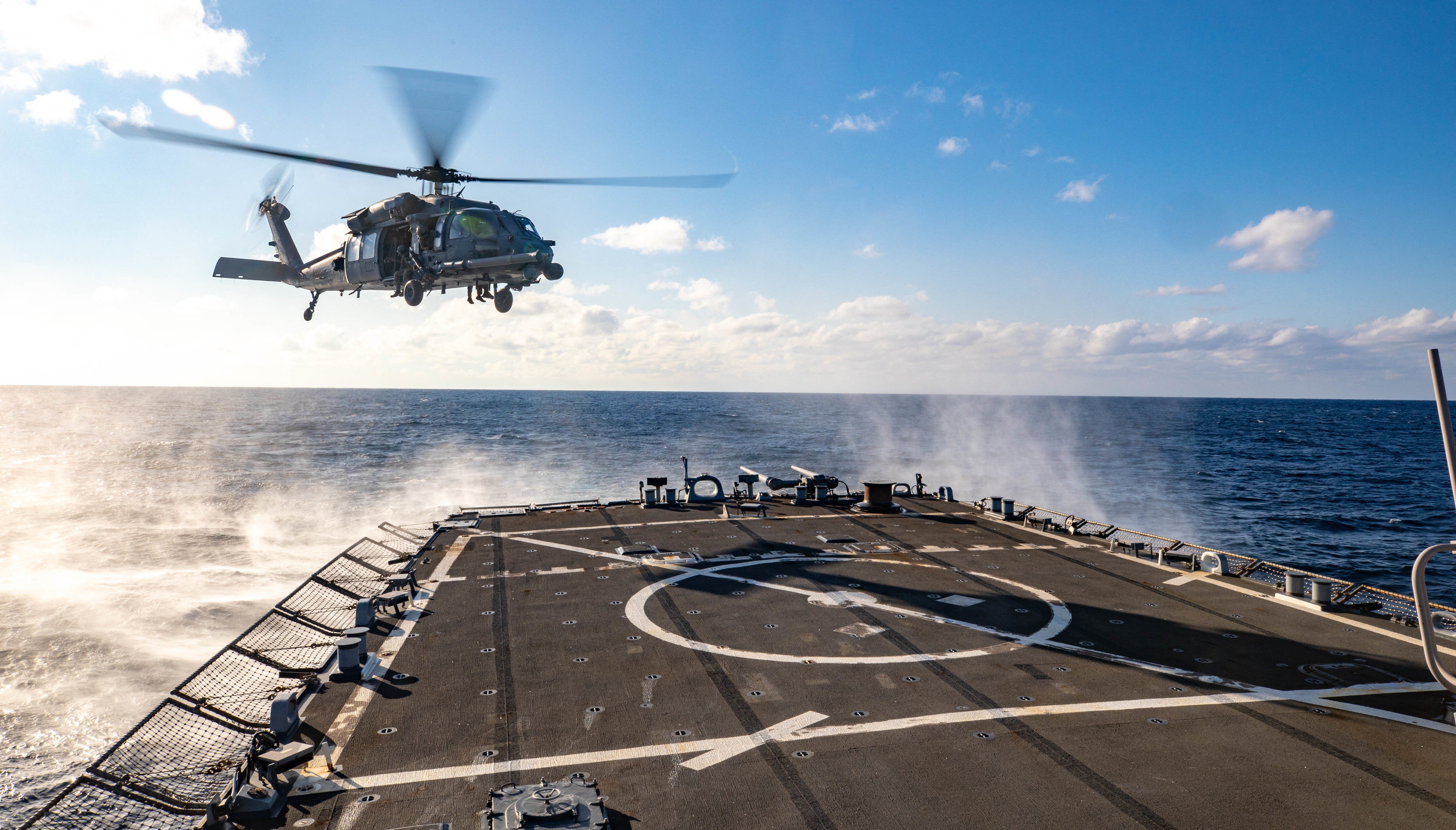The US and the Philippines have held annual Balikatan (shoulder to shoulder) joint military drills since 1991. But this year's exercise is a bigger deal than usual.
For one thing, the drills — which kicked off Tuesday — involve more than 17,000 troops from the two countries, making them the largest ever. For another, they are partly being held in disputed waters in the South China Sea — claimed almost entirely by Beijing and partly by Manila.
More importantly, the war games come on the heels of China's own military muscle-flexing near Taiwan,rehearsing an invasion of the self-ruled island as payback for Taiwanese President Tsai Ing-wen's hangout with US House Speaker Kevin McCarthy in California.
For the US — which rejects Beijing’s expanded maritime sovereignty — the drills aim to send China a clear message: We will defend our allies as you move to militarize the South China Sea.
What’s more, Uncle Sam wants the region to remain free for navigation and seaborne trade. That’s why the US Navy patrols the disputed waters despite the risk of running into Chinese “research” vessels.
But for China, the exercises are proof that the Americans are pushing the Filipinos to help them contain Chinese military power in the region. (For the first time, this year’s war games feature target practice on a mock fishing boat, Beijing’s shadow navy of "little blue men" in the disputed waters.)
The odd man out is the Philippines, once again left walking a tightrope between the US and China.
Since his May 2022 election, President Ferdinand Marcos Jr. — having seen the writing on the wall of rising anti-China sentiment among Filipinos under Rodrigo Duterte, his pro-China predecessor — has been inching closer to Washington. One important recent gesture was granting the US military access to army camps in the northern part of the archipelago, very close to Taiwan.
Yet, Marcos previously made a much-publicized visit to China, the Philippines’ top trading partner and source of foreign investment. The upshot is that with a weak economy and an even weaker military, the country can't afford to lose either the US security umbrella or the ability to do biz with China.
Meanwhile, the South China Sea remains a flashpoint for great-power competition in the Indo-Pacific. And growing US-China tensions over Taiwan will only raise the stakes in the future.
